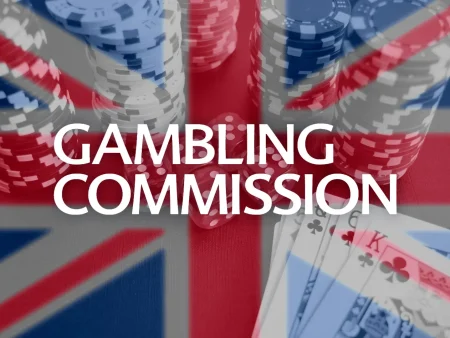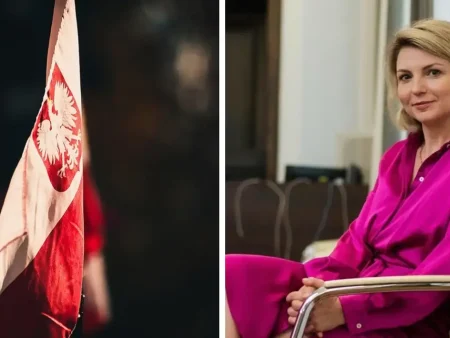The Council of State referred questions to the EUCJ (European Court of Justice) on March 7. These questions raise doubts about the compliance of the gambling advertising blanket ban. The authorities introduced the ban in Italy in July 2018. People are questioning it in relation to Article 9 of the Dignity Decree. The Council also questioned the ban’s alignment with certain EU regulations and Treaty principles.

The matter arises from an appeal brought by LeoVegas, a remote-gambling concessionaire in Italy. LeoVegas is challenging the decision of the administrative court of first instance. The court rejected its claim regarding a fine imposed by AGCOM, the Italian Media Authority. The fine was for advertising games on its TV gambling channel during night hours, violating the gambling advertising blanket ban. The Italian gambling authority properly authorized the gambling channel.
The parties in the administrative litigation alleged the following, among others.
The first allegation is that the total gambling advertising ban is illegitimate. The authorities adopted it in violation of the prior notification procedure outlined in Directive (EU) 2025/1535.
Second is the violation of the freedom to provide services and the freedom of establishment enshrined in art. The authorities introduced the total ban on gambling advertising without a prior assessment. This occurred right after a new tender for the remote gambling concession. The ban violated Articles 49 and 56 of the European Treaty. It also breached the principles of coherence, necessity, proportionality, and legal certainty.
The Council of State determined that it met the conditions for ordering the reference for a preliminary ruling. This was especially true concerning these two legal grounds.
The Council of State asked the EUCJ to clarify whether the Directive applies when a service, such as remote gambling, falls within its scope but is carried out via TV broadcasting, which is outside its scope.
The request particularly focuses on the lack of prior notification under Directive (EU) 2015/1535. The Council of State asked if the scope of the Directive includes “prohibitions on any form of advertising, including indirect advertising, related to games or bets with cash winnings, as well as to illegal gambling, in any form and by any means.” This includes the total restriction outlined under Article [specific article number].
The Council of State also asked whether Article 9 of the Dignity Decree, with its obligation for prior notification, applies. If the answer to these two questions is positive, they inquired whether someone can invoke the failure to notify, as required by the Directive. They also asked if, in the case of infringement, the national court would have to declare the national law provision unenforceable.


